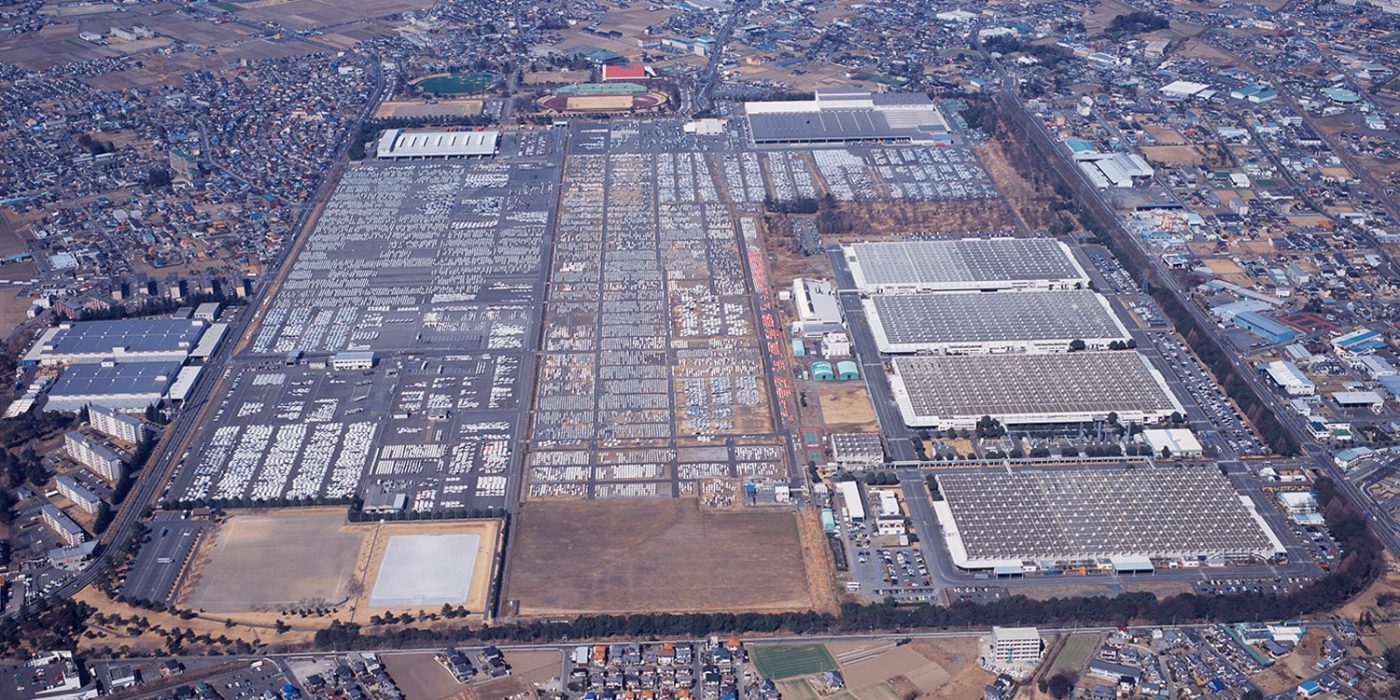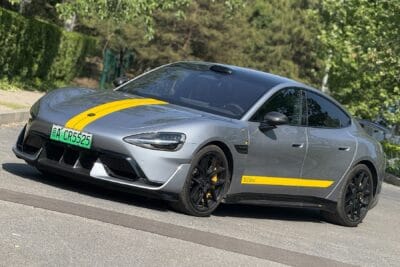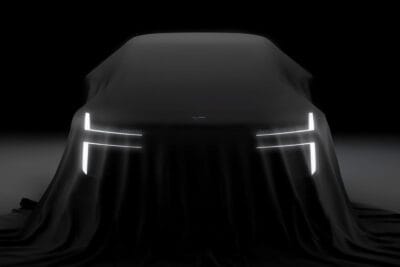Subaru aims to build 400,000 EVs in 2028
Subaru plans to sell 200,000 battery-electric cars per year by 2026 and to create production capacity for 400,000 BEVs annually by 2028. The increase in production is to be supported by an EV-only factory in the company’s home country.
Atsushi Osaki, who will replace the current CEO Tomomi Nakamura at Subaru in June, told Reuters that half of these 400,000 BEVs will initially come from mixed production lines of petrol and electric cars, and the other half from an all-electric car factory, which is due to open its doors in 2027 in Japan’s Gunma prefecture.
Currently, Subaru has only one all-electric model on the market, the electric SUV Solterra – but the vehicle is based on Toyota’s eTNGA platform and is comparable to the Toyota bZ4X. Production of own electric vehicles on the mixed production line mentioned will kick off in 2025, with the BEV-only plant to follow two years later. Details of the models to be built there are not yet known.
“We’re hoping to build a production system where the output ratio of battery EVs, hybrids and gasoline cars can be flexibly changed while paying close attention to regulations and market trends,” Osaki told the news agency.
According to Reuters, Subaru is heavily dependent on sales of its Outback crossover in the North American market. In the fiscal year ending March 31, 2023, Subaru sold 852,000 cars worldwide – of which the US accounted for 70 per cent. With a production capacity of 400,000 BEVs, Subaru could cover a large part of its sales with electric cars.





1 Comment